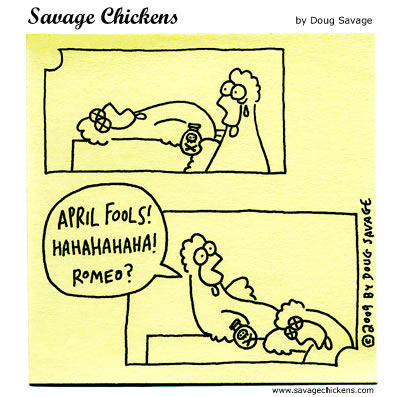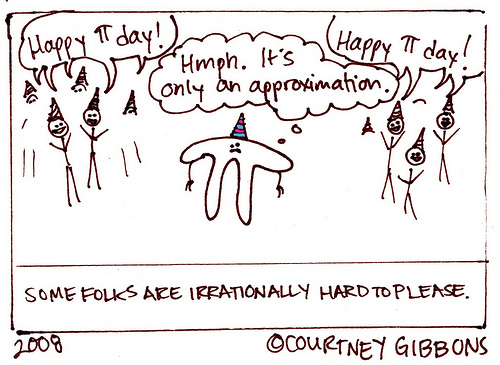IMO,the English are much more progressive about their language than we will ever be. Our "Academia de la lengua" is an institution so rigid and old fashioned that it hinders the language instead of promoting it. Most of its members have probably never heard of Facebook or Twitter (and who hasn't?) and I even doubt they use their mobile phones for something other than receiving calls, let alone texting.
Okay, I may be exaggerating a little but there is no such thing as an "Academy of the English Language", which makes English a living, evolving, ever-changing language. It's true that Spanish is alive too but unfortunately new terms and words are much harder to be accepted and used by the media.
A great example of this is the latest online edition of the Oxford English Dictionary (OED), the venerable last word on proper language. Several abbreviations ''' or "initialisms" have been added. Those include OMG (Oh my god), LOL (laughing out loud), TMI (too much information), FYI (for your information) and BFF (best friends forever). The OED explained the decision extensively in an online statement. The OED explains that shorthands such as LOL and OMG have gone beyond just saving space and acquired nuanced meanings of their own, with "a bit more than simple abbreviation going on." The new "initialisms," or abbreviations made up of the first letters of each word in the phrase to which they refer, include "OMG" (oh my god), "LOL" (laughing out loud), "IMHO" (in my humble/honest opinion), "TMI" (too much information), "BFF" (best friends forever), "FYI" (for your information) and WAG (wives and girlfriends). They also comment that some of these have been around for a really long time.
An interesting google tool you can use to find out how long and when a certain word or expression has been used is timeline. You just need to select timeline from the search tools menu when you do a search. Try it out, it's fun!




 1957: The respected BBC news show Panorama announced that thanks to a very mild winter and the virtual elimination of the dreaded spaghetti weevil, Swiss farmers were enjoying a bumper spaghetti crop. It accompanied this announcement with footage of Swiss peasants pulling strands of spaghetti down from trees. Huge numbers of viewers were taken in. Many called the BBC wanting to know how they could grow their own spaghetti tree. To this the BBC diplomatically replied, "place a sprig of spaghetti in a tin of tomato sauce and hope for the best."
1957: The respected BBC news show Panorama announced that thanks to a very mild winter and the virtual elimination of the dreaded spaghetti weevil, Swiss farmers were enjoying a bumper spaghetti crop. It accompanied this announcement with footage of Swiss peasants pulling strands of spaghetti down from trees. Huge numbers of viewers were taken in. Many called the BBC wanting to know how they could grow their own spaghetti tree. To this the BBC diplomatically replied, "place a sprig of spaghetti in a tin of tomato sauce and hope for the best."








